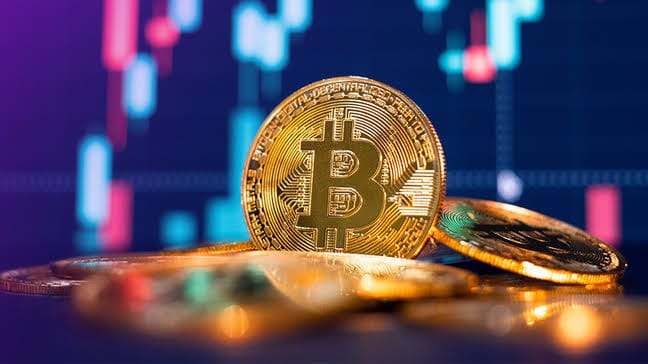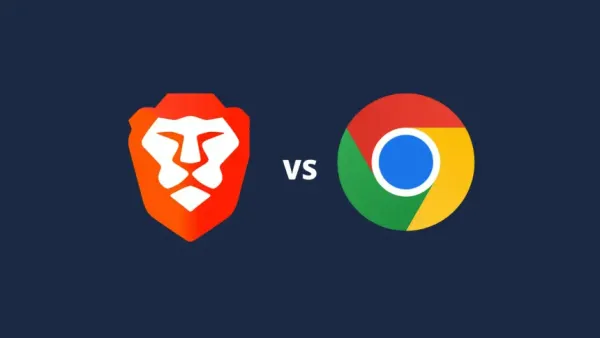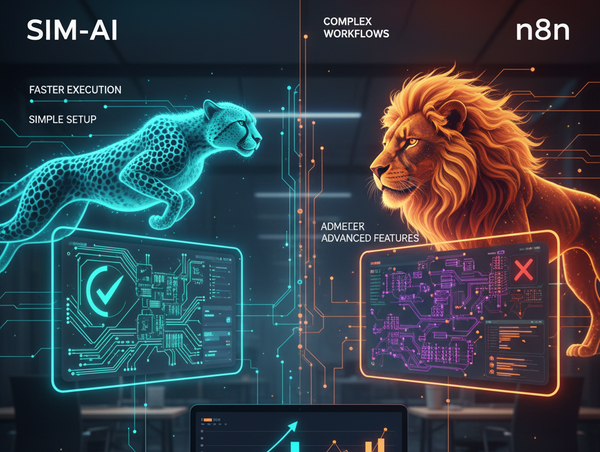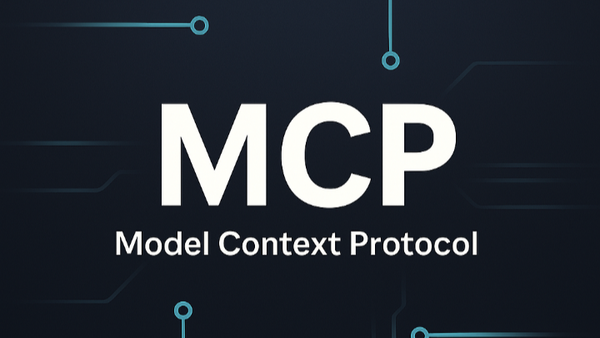Crypto Trading in India: Futures, Platforms, and Market Trends (2025 Edition)

Over the past few years, cryptocurrency trading has surged in India, evolving from a niche activity into a mainstream financial trend. While spot trading was once the dominant mode of participation, crypto futures trading now accounts for nearly 70–80% of total volumes on Indian exchanges. Futures not only provide traders with leverage but also help manage risk in a highly volatile market. In this blog, we’ll explore the state of crypto trading in India in 2025, focusing on the rise of futures, leading platforms, and the most traded contracts.
Why Indian Traders Prefer Futures The shift from spot to futures trading in India is driven by several factors:
Leverage: Futures allow traders to amplify returns with smaller capital outlay. Platforms in India now offer leverage ranging from 50× to as high as 200×.
Hedging: Futures contracts let traders manage downside risk, especially during volatile periods.
Liquidity: Futures markets often have deeper liquidity compared to spot, making it easier for active traders.
Tax Considerations: With new models like INR-margined futures (e.g., Pi42), traders can bypass 1% TDS and certain Virtual Digital Asset (VDA) tax rules, making futures more cost-efficient.
Top Crypto Futures Platforms in India
India’s crypto market has matured with multiple exchanges now offering futures. Here are the most notable platforms:
1. Pi42
First Indian exchange offering INR-margined perpetual futures, settled entirely in rupees.
Eliminates the need for USDT or crypto wallets, reducing custody and conversion risks.
FIU-registered and tax-efficient, avoiding the 1% TDS applicable to VDAs.
Competitive fees (0.02% maker, 0.06% taker) and simple bank transfers for deposits/withdrawals.
Still a newer entrant (launched 2023), but growing fast with 2 lakh+ users and billions in trading volume.
2. CoinDCX
One of India’s largest and most established exchanges.
Offers spot, margin, and futures with leverage up to 100×.
FIU-registered and ISO-certified for security.
Faced a $44 million breach in July 2025, but assured that user funds were safe; resumed withdrawals quickly.
Some traders report UI glitches and poor customer support, though its ecosystem remains one of the most comprehensive.
3. Mudrex
Known for its simplicity and cost-effectiveness.
Offers up to 100× leverage, with futures trading fees as low as 0.03% via its Alpha Program.
Growing in popularity among beginner and cost-conscious traders.
4. Delta Exchange
Popular among advanced traders for its robust futures and options markets.
Offers up to 200× leverage with strong liquidity.
INR settlement available; FIU-compliant and praised for 24/7 support.
5. CoinSwitch PRO
Offers more than 450 futures contracts with leverage up to 50×.
Transparent fee structure (maker: 0.024%, taker: 0.065%).
Mobile-friendly with competitive INR onboarding.
Global Alternatives (Used by Indian Traders)
Bitget and Binance Futures (via WazirX interface) remain popular for traders seeking global liquidity. However, WazirX faced a major hack in 2024, raising concerns.
Most Traded Crypto Futures in India (2025)
Exact contract-level data isn’t publicly disclosed by Indian exchanges, but based on trading patterns and user preferences, the following futures pairs dominate:
1. Bitcoin (BTC) – The benchmark and most liquid futures contract.
2. Ethereum (ETH) – Highly traded due to DeFi and smart contract ecosystems.
3. Solana (SOL) – Rising popularity in India for speed and ecosystem adoption.
4. Ripple (XRP) – Popular among retail investors.
5. Dogecoin (DOGE) – Memecoin with high speculative interest.
6. Cardano (ADA) – A consistent altcoin favorite.
7. Polygon (MATIC) – India-origin project, widely traded locally.
8. Shiba Inu (SHIB) – Retail-driven speculative asset.
9. Pepe (PEPE) – Another meme coin attracting speculative futures traders.
10. Other mid-cap alts – Depending on market sentiment, coins like AVAX, DOT, or meme assets often make it to the top ranks.
Pros and Cons of Leading Platforms
Pi42
Pros: INR-based trading, tax efficiency, low fees, strong compliance.
Cons: Newer exchange, fewer advanced features compared to global peers.
CoinDCX
Pros: Large ecosystem, established reputation, high leverage.
Cons: Security breach in 2025, UI bugs, mixed user reviews.
Delta Exchange
Pros: High leverage, INR settlement, strong community feedback.
Cons: Geared more towards advanced traders.
Mudrex
Pros: User-friendly, very low fees.
Cons: Less suitable for advanced trading strategies.
Final Thoughts
Crypto futures are shaping the future of trading in India. With the introduction of INR-margined contracts, local exchanges are addressing regulatory hurdles and tax inefficiencies, making futures even more attractive. Pi42 is pioneering in this space, while CoinDCX and Delta Exchange continue to serve as strong options for experienced traders. For retail users seeking simplicity, Mudrex and CoinSwitch PRO provide accessible entry points.
As India’s regulatory clarity evolves and adoption deepens, the next 2–3 years could see futures trading dominate even more of the crypto landscape.
Disclaimer: This blog post is for informational purposes only and should not be considered financial or investment advice. Always do your own research before trading or investing in cryptocurrencies.




